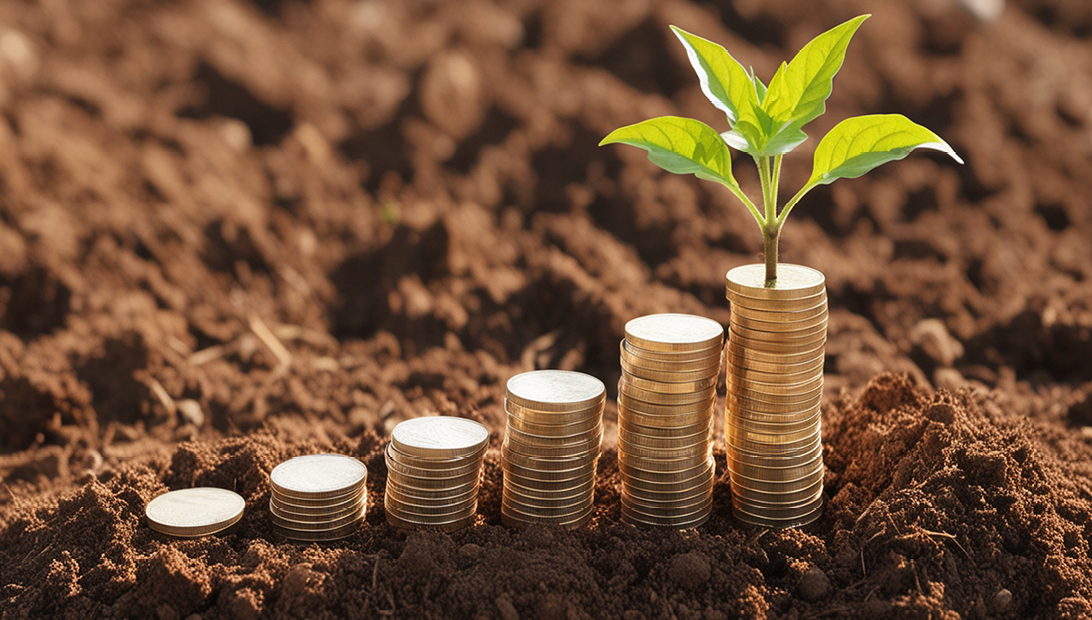
There’s still time to make the most of your tax year end
As wealth managers, we like to think that everyone is passionate about their finances – but the truth is some people don’t have the time or the patience. This is why we’re pointing to a few simple, quick things to do before the end of the tax year – to ensure your money works hard for you in the long term.
Top up your ISA
We can’t stress this enough. If you feel like you have to prioritise before the end of the tax year, make your ISA allowance the one task you won’t skip.
Compound returns are one of your best allies – and the growth strategy is simple: do nothing, let the money sit there.
To illustrate this principle, we could compare the hypothetical returns of an ISA versus a similar investment into stocks for an additional rate taxpayer.
N.B. While returns on an ISA is free of tax, returns on stock investments are taxed at 24% for an additional taxpayer (from year 2025-26), when a disposal is made.
Example 1: placing £20,000 into a stocks and shares ISA (which is the limit per tax year at the time of writing) versus investing the same amount in shares assuming a 6% return rate in both scenarios. After five years, you would have £26,765. This value in an ISA represents the amount available to you. In a different type of (taxable portfolio) share investment, you would have £25,141 (being liable for £1,623 of capital gains tax when the portfolio is sold).
Example 2: investing £20,000 every year into an ISA versus investing the same amount into shares at a 6% return. In this instance, your investment would be worth £139,506 (having invested £120,000 throughout the period), which represents the amount you’d have as part of an ISA. But if you withdrew this amount from an investment into shares, you would have £134,825 (having to deduct £4,682 relative to tax on capital gains).
It's important to understand that, returns on stocks and shares ISAs and on investments are not guaranteed, and you may not get back what you originally invested.
Money in an individual savings account is money where your gains aren’t taxed. Putting money in an ISA for the long term will enable you to benefit from the compounding effect of your returns, free of tax – and this is why an ISA deserves a place at the top of your priority list.
This tax year, it is particularly important to consider using up your whole ISA allowance, after recent news reports that the government is considering a reform to ISAs later this year, which could see a reduction in the tax-free annual allowance.
Boost your pension
You may be aware that the government announced last year that it would include individuals’ pensions in the value of their estate from 2027, making this tool count towards their inheritance tax liability.
This shouldn’t discourage you into looking after your pension pot, as it still could be an extremely powerful element of a healthy financial plan, depending on circumstances.
The government allows you to put £60,000 per tax year free of tax. For individuals who earn £200,000+ (or whose adjusted income is £260,000+) are subject to tapering of £1 for every £2 after this threshold, but capped at a minimum of £10,000.
If you would like to understand how the inclusion of pensions into the value of your estate could affect your inheritance tax bill, talk to us.
The time for giving
If you’re feeling particularly generous – or, more realistically, if you’d like to financially help a family member into buying property, paying university fees, or contribute to any other big life event – you are allowed to give away £3,000 per tax tear without this value falling into the value of your estate.
This gift allowance is useful, particularly for those thinking about succession and the value of their estate. Giving gifts within the £3,000 allowance to other individuals is an efficient way of alleviating some potential inheritance tax pressures.
Don’t forget the future generations
In case you have children under 18, you can also add £9,000 into a junior ISA on their behalf. This could be particularly useful for children to pay for their own studies or put a deposit into their first property.
Junior ISAs have a few particularities worth noting. A junior ISA is set up under the child’s name, who can’t access it until they are 18 years old. But once they reach that age, they have full control of this money and it becomes entirely up to them how they decide they might use it.
With financial planning, a little effort goes a long way. Taking these small steps early on to look after your finances should provides a foundation for your retirement. Of course, everyone’s wealth is different and there is no one formula that ensures the best outcomes for all. This is where experience and technical expertise are most valuable, and why 7IM’s advisers can add significant value.
Talk to us if you have any questions about your finances, or if you’d like any help executing your financial plan – we’d be delighted to assist.
More from 7IM




